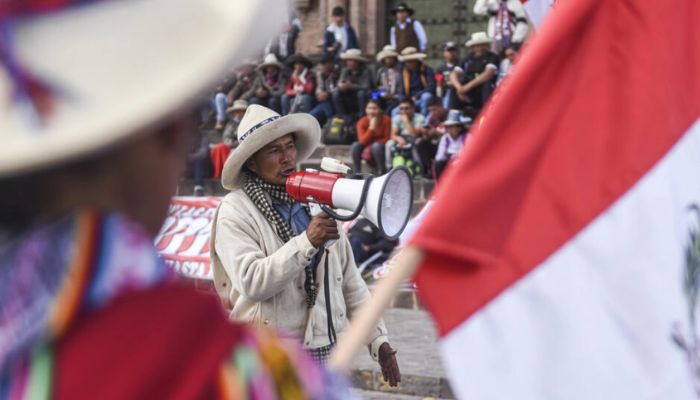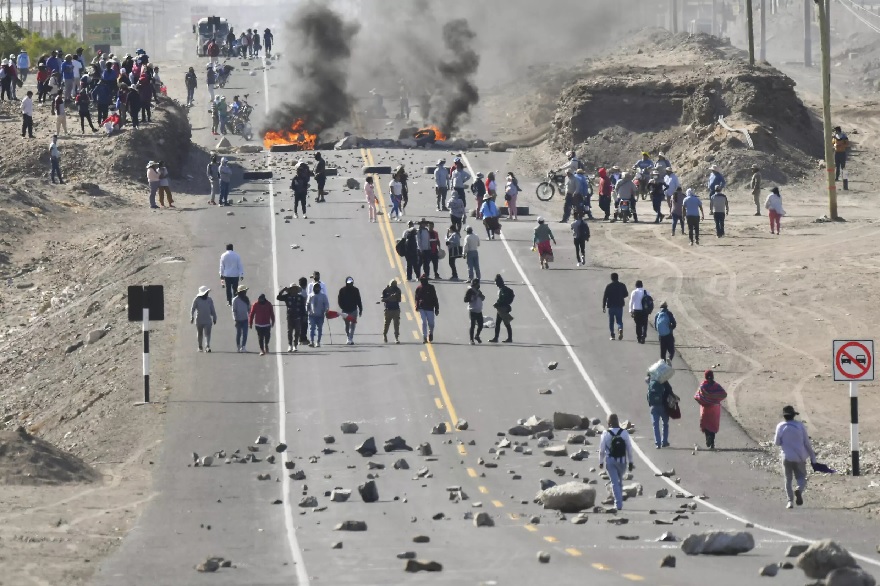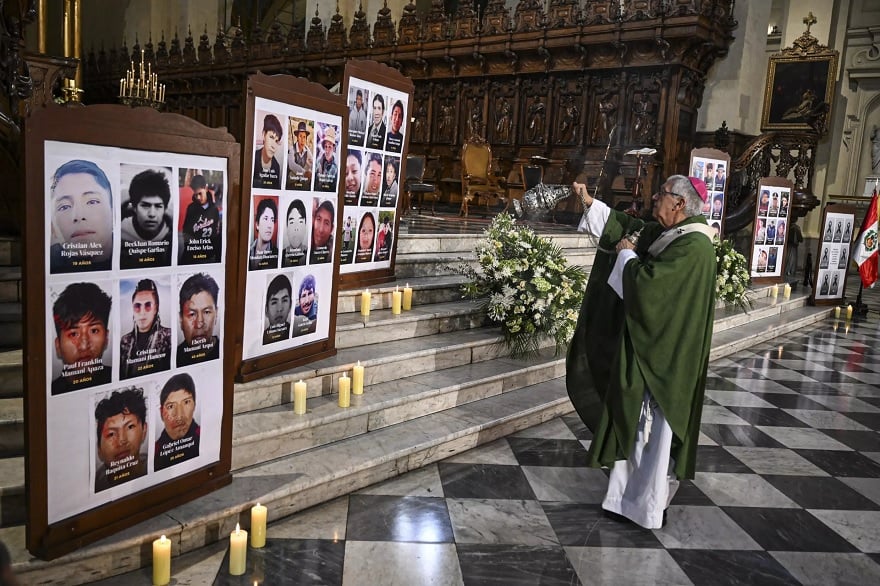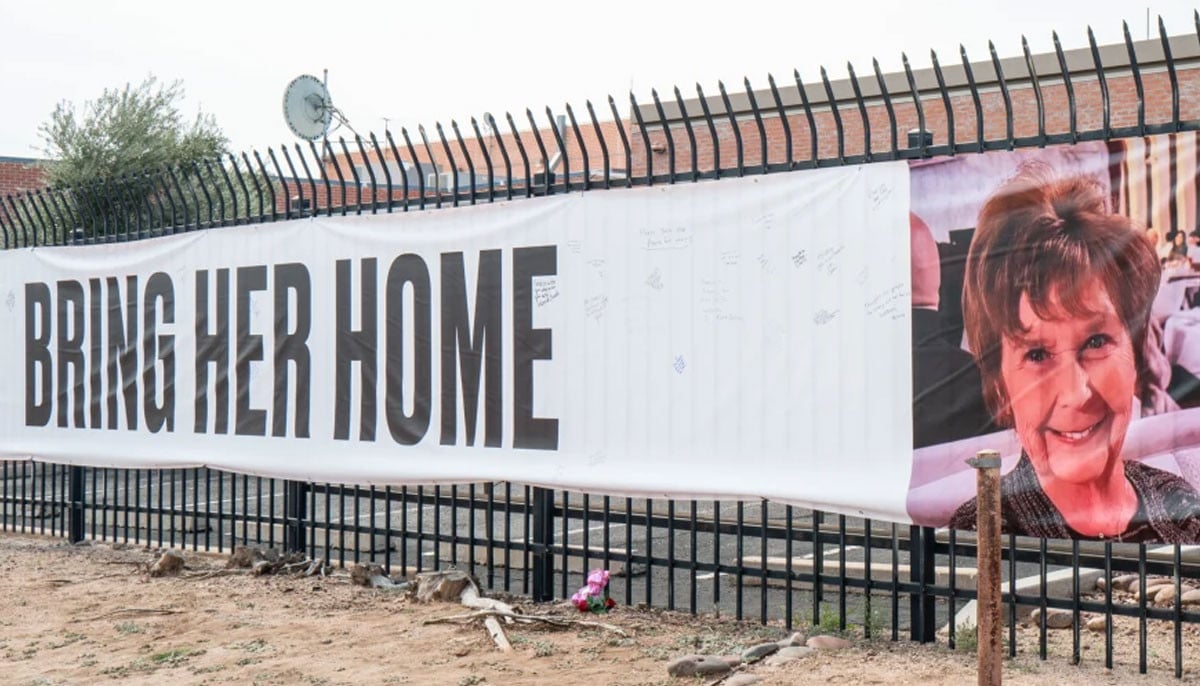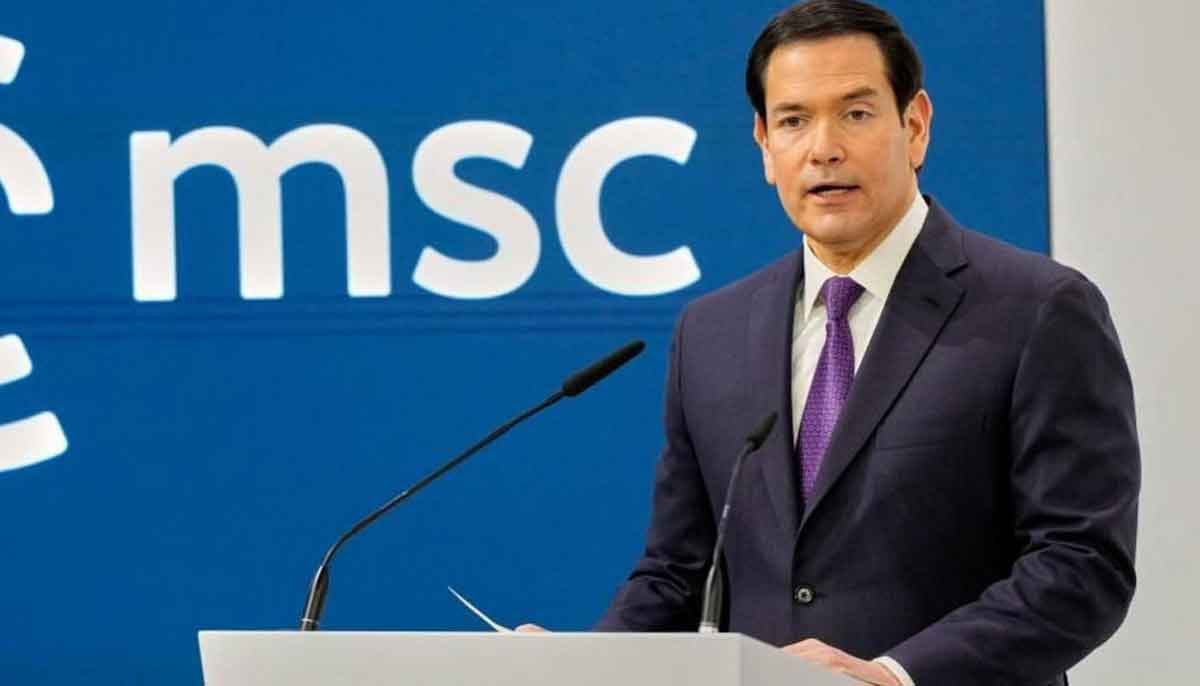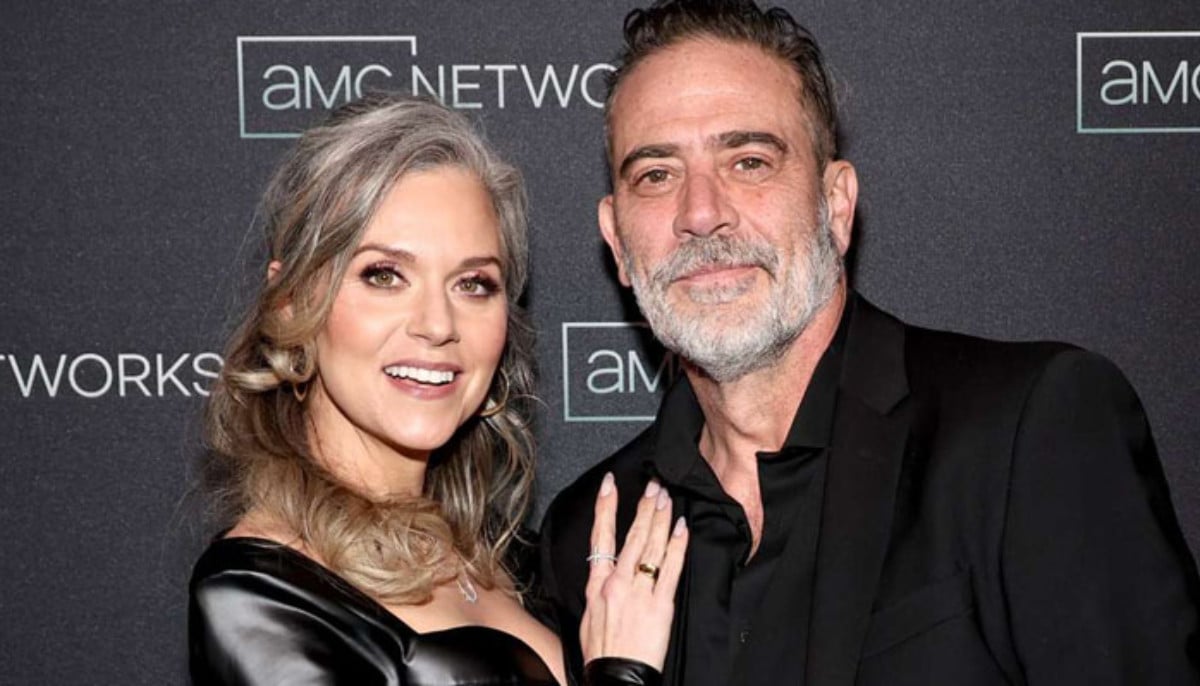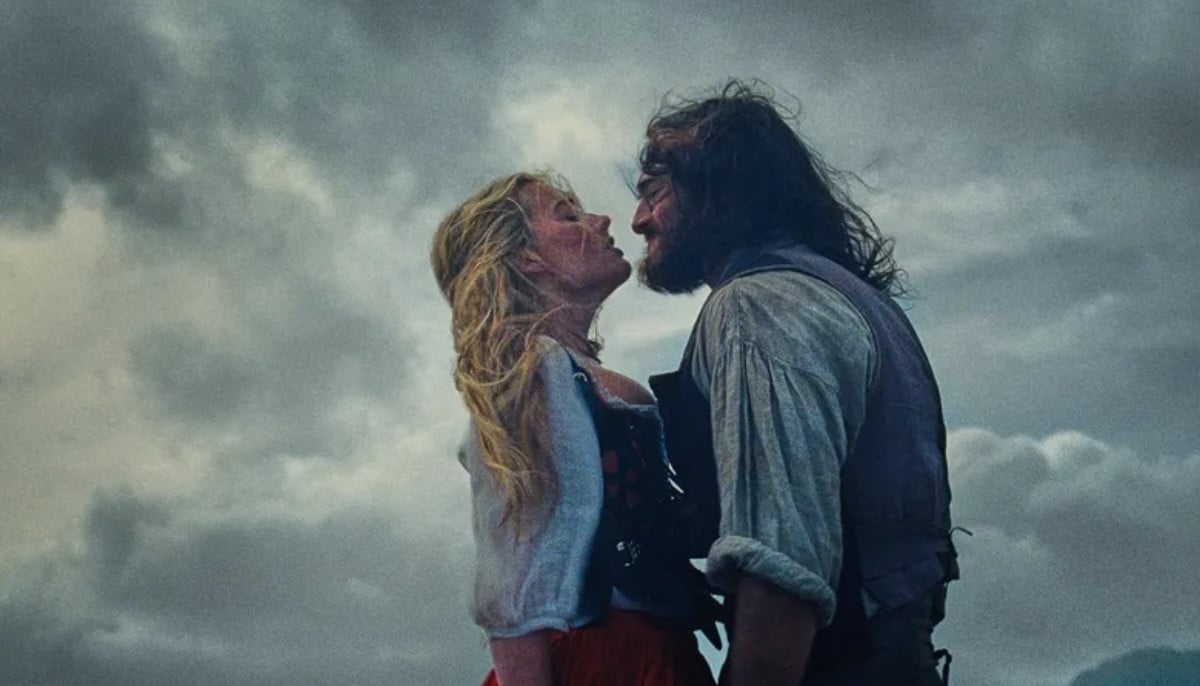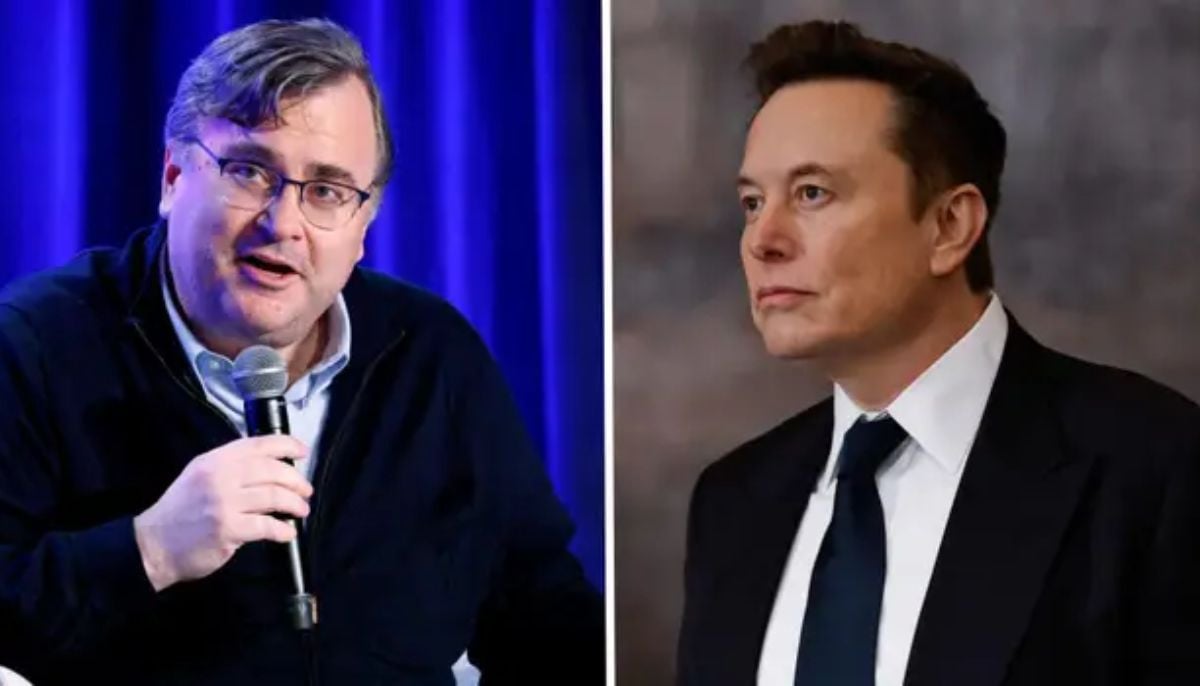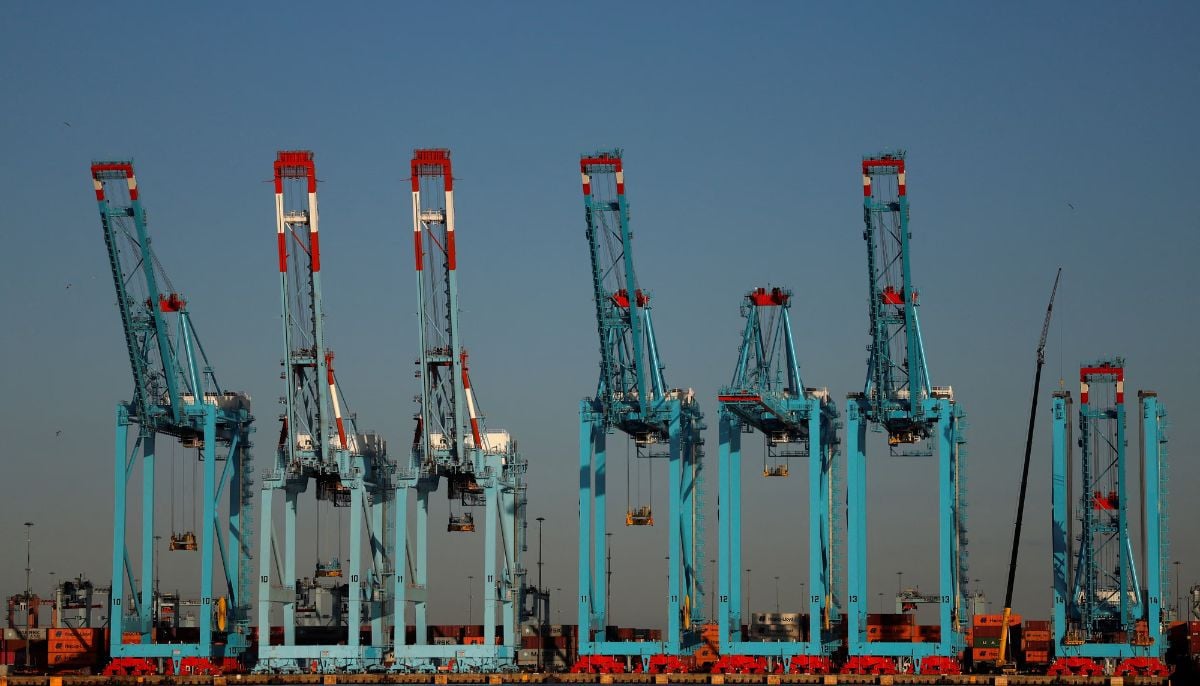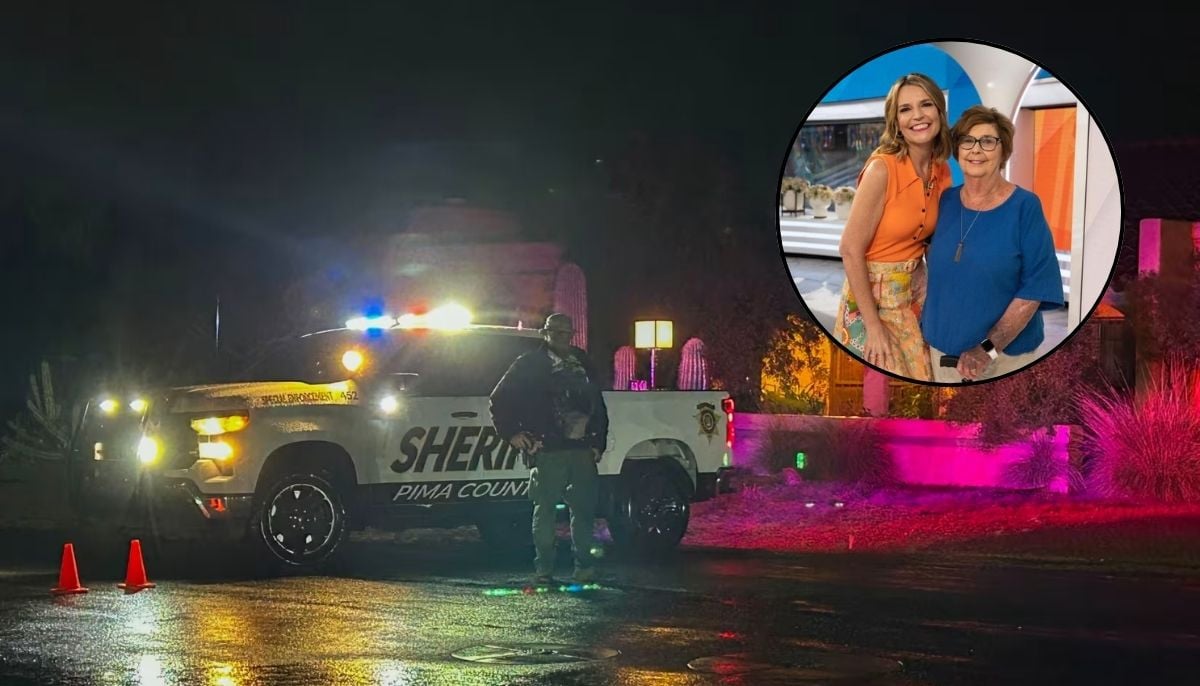Peru girds for new rally in Lima despite state of emergency
Supporters of ousted president Pedro Castillo have set up burning roadblocks, attempted to storm airports, and staged mass rallies
Lima was braced for a new rally against Peruvian President Dina Boluarte this week as thousands of demonstrators mobilized Monday towards the capital following weeks of deadly unrest.
Protesters from all over the country have been heading to Lima since the weekend in a bid to maintain pressure on authorities, even as a state of emergency was declared to try to maintain order.
At least 42 people have died in five weeks of clashes between protesters and security forces, according to Peru's human rights ombudsman.
Supporters of ousted president Pedro Castillo — who was arrested and charged with rebellion amongst other offenses after trying last month to dissolve parliament and rule by decree — have set up burning roadblocks, attempted to storm airports and staged mass rallies.
Demonstrations took place Monday in the popular tourist city of Cusco and the southern town of Ilave near Puno, where angry protesters were demanding what many Castillo supporters have been calling for: Boluarte's resignation, the closure of Congress and fresh elections.
The ultimate destination for many, though, is Lima.
"We're going to be in the capital to make our protest voice heard," Jimmy Mamani, an Aymara indigenous leader from the Puno region, told AFP.
Mamani, the mayor of a small village near the border with Bolivia, said peasants from all over Peru had arranged to meet up in Lima for a "peaceful" demonstration.
But he compared the protest to a massive three-day march that in July 2000 led to the fall of the autocratic regime of Alberto Fujimori.
Smaller protests have already occurred in Lima, including a march through a residential area Sunday night.
More protesters are set to defy a state of emergency in the capital in the coming days.
"It's not right that the executive cannot listen to our demands, they turn a deaf ear," said Mamani, who ruled out dialogue with authorities.
At least 3,000 protesters from Andahuaylas in southeastern Peru were heading for Lima on Monday in a caravan of trucks and buses.
And in Cusco province, dozens of peasants were organizing themselves to leave for the capital.
The government extended by 30 days a state of emergency from midnight Saturday for Lima, Cusco, Callao and Puno, authorizing the military to back up police actions to restore public order.
The order also suspended constitutional rights such as freedom of movement and assembly, according to a decree published in the official gazette.
Curfews, blocked highways
In protest epicenter Puno, the government declared a night-time curfew for 10 days, from 8:00 pm to 4:00 am.
Almost 100 stretches of road remained blockaded Monday in 10 of Peru's 25 regions.
Castillo, a former rural school teacher and union leader, faced vehement opposition from Congress during his 18 months in office and is the subject of numerous criminal investigations into allegations of widespread graft.
His December 7 ouster sparked immediate nationwide protests, mainly among the rural poor.
In the run-up to Monday's demonstrations, attitudes among both protesters and government officials appeared to harden.
"We ask that Dina Boluarte resign as president and that Congress be shut down. We don't want any more deaths," Jasmin Reinoso, a 25-year-old nurse from Ayacucho, told AFP.
Prime Minister Alberto Otarola called for protesters to "radically change" their tactics and opt for dialogue.
"There is a small group organized and paid for by drug trafficking and illegal mining that wants to take power by force," Otarola said on local television.
Defense Minister Jorge Chavez said the government would do everything in its power "to avoid a violent situation" in Lima.
But he also pleaded with protesters to demonstrate "peacefully without generating violence."
An Ipsos poll published Sunday said Boluarte had a 71% disapproval rating.
Political instability has plagued Peru, with 60-year-old Boluarte the country's sixth president in five years.
Castillo has been remanded in custody for 18 months, charged with rebellion and other crimes.
-
Hilarie Burton reveals Valentine's Day plans with Jeffrey Dean Morgan
-
Jacob Elordi, Margot Robbie on 'devastating' scene in 'Wuthering Heights'
-
China to implement zero tariffs on African imports in major trade shift
-
Jack Thorne explains hidden similarities between 'Lord of the Flies' and 'Adolescence'
-
Elon Musk vs Reid Hoffman: Epstein files fuel public spat between tech billionaires
-
New Zealand flood crisis: State of emergency declared as North Island braces for more storms
-
Nancy Guthrie case: Mystery deepens as unknown DNA found at property
-
James Van Der Beek's final conversation with director Roger Avary laid bare: 'We cried'
